Search
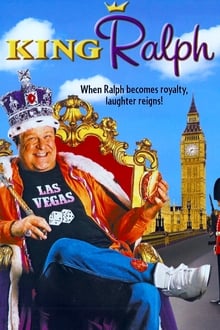
As the only relative to take over the Royal throne, a down on his luck American slob must learn the ways of the English.

Ralphie May proves he’s TOO BIG TO IGNORE in his record breaking 4th Comedy Central Special. Voted one of Variety’s 10 Comics to Watch, Ralphie May spreads his comedic wealth further than ever by tackling topics that will make you think and occasionally squirm. With no subject off limits, Ralphie dives in and reveals the hilarious quirks that infiltrate politics, race and even his family. Lovable enough to get away with anything, Ralphie continues to capture the hearts of thousands on his sold out tours and promises to make you gleefully uncomfortable.

Comedian Ralphie May takes to the Las Vegas stage with his raw, rollicking take on men’s fashion, racism, sex, and even waffles.
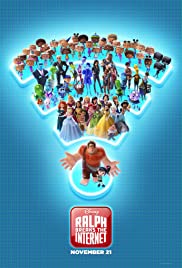
Taking place six years following the events of the first film, the story will center on Ralph’s adventures in the Internet data space when a Wi-Fi router gets plugged into the arcade as he must find a replacement part to fix Sugar Rush.
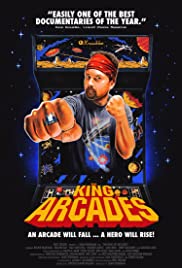
Starting as a passion project, this movie launched the team on an unexpected journey; from discovering the historic past in Ralph Baer’s personal workshop, to capturing the present as the Smithsonian Museum recognizes gaming as art. Along the way, the crew encountered an interesting cast of characters including game developers, high score players, and arcade enthusiasts.

The Herdmans – Gladys, Claude, Imogene, Leroy, Ollie and Ralph – are undeniably the worst kids in the history of the world. They lie, steal, cheat, bully and overall terrorize their small community. But this Christmas, they’re taking over their local church Pageant – and they just might unwittingly teach a shocked little town the true meaning of Christmas.

Madeline Anderson’s documentary brings viewers to the front lines of the civil rights movement during the 1969 Charleston hospital workers’ strike, when 400 poorly paid Black women went on strike to demand union recognition and a wage increase, only to find themselves in confrontation with the National Guard and the state government. Anderson personally participated in the strike, along with such notable figures as Coretta Scott King, Ralph Abernathy and Andrew Young, all affiliated with Martin Luther King’s Southern Christian Leadership Conference. Anderson’s film shows the courage and resiliency of the strikers and the support they received from the local black community. It is an essential filmed record of this important moment in the history of civil and women’s rights. The film is also notable as arguably the first televised documentary on civil rights directed by a woman of color, solidifying its place in American film history.

The Almeida Theatre makes its live screening debut with an explosive new adaptation of Richard III, directed by Almeida Artistic Director Rupert Goold with Ralph Fiennes as Shakespeare’s most notorious villain and Vanessa Redgrave as Queen Margaret. War-torn England is reeling after years of bitter conflict. King Edward is ailing, and as political unrest begins to stir once more, Edward’s brother Richard – vicious in war, despised in peacetime – awaits the opportunity to seize his brother’s crown. Through the malevolent Richard, Shakespeare examines the all-consuming nature of the desire for power amid a society riddled by conflict. Olivier-winning director Rupert Goold’s (Macbeth, King Charles III) searing new production hones a microscopic focus on the mythology surrounding a monarch whose machinations are inextricably woven into the fabric of British history.

Working class New York bus driver Ralph Kramden is always coming up with get-rich-quick schemes for him and his best friend, Ed Norton, who’s always around to help him get in (and out of) trouble.
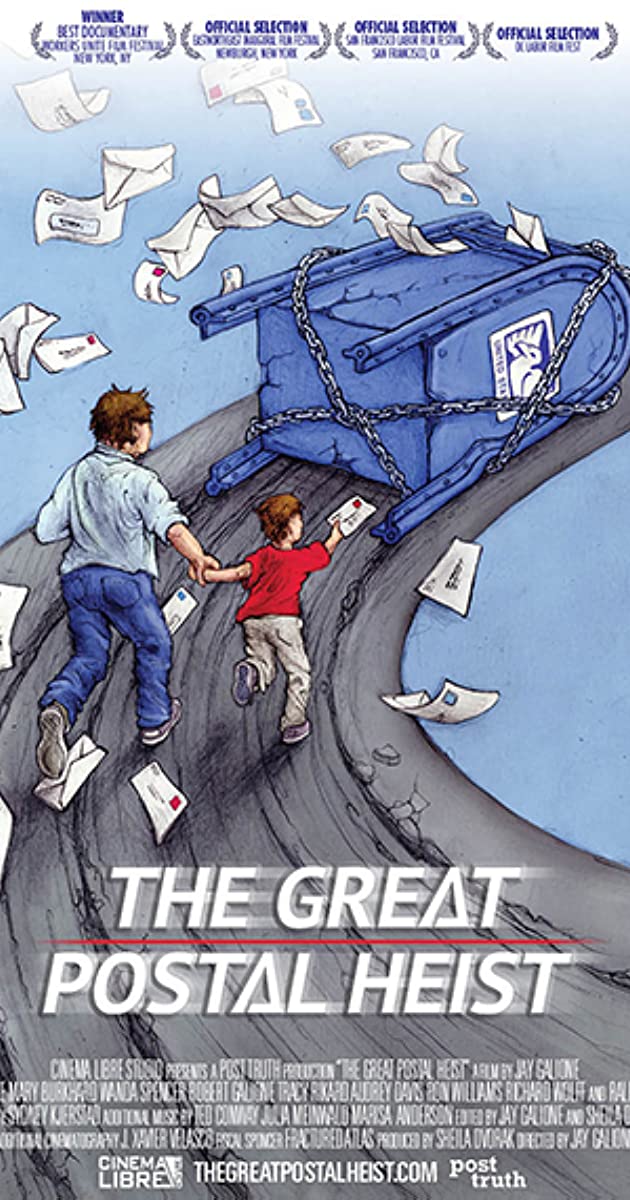
The Great Postal Heist follows director Jay Galione’s father, a 30-year US Post Office clerk, who was harassed, threatened, and fired for standing up for his colleagues. A moving indictment of the toxic culture and push to downsize, the documentary chronicles the journey of postal workers, experts, and advocates who experienced firsthand the abuses in the oldest federal agency in America and stood up against the USPS’s notoriously violent work environment, featuring interviews with Ralph Nader and Richard Wolff. The atmosphere was a result of systematic dismantling and privatization of the trillion-dollar mail industry by lobbyists and politicians who seek to make profits at the expense of the mental health, living wages, and working conditions of their employees.
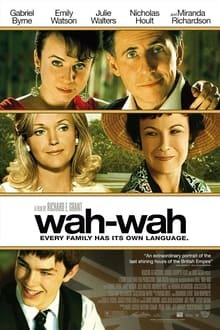
Set at the end of the 1960s, as Swaziland is about to receive independence from United Kingdom, the film follows the young Ralph Compton, at 12, through his parents’ traumatic separation, till he’s 14. The film is largely based on Richard E. Grant’s own experiences as a teenager in Swaziland, where his father was head of education for the British government administration.